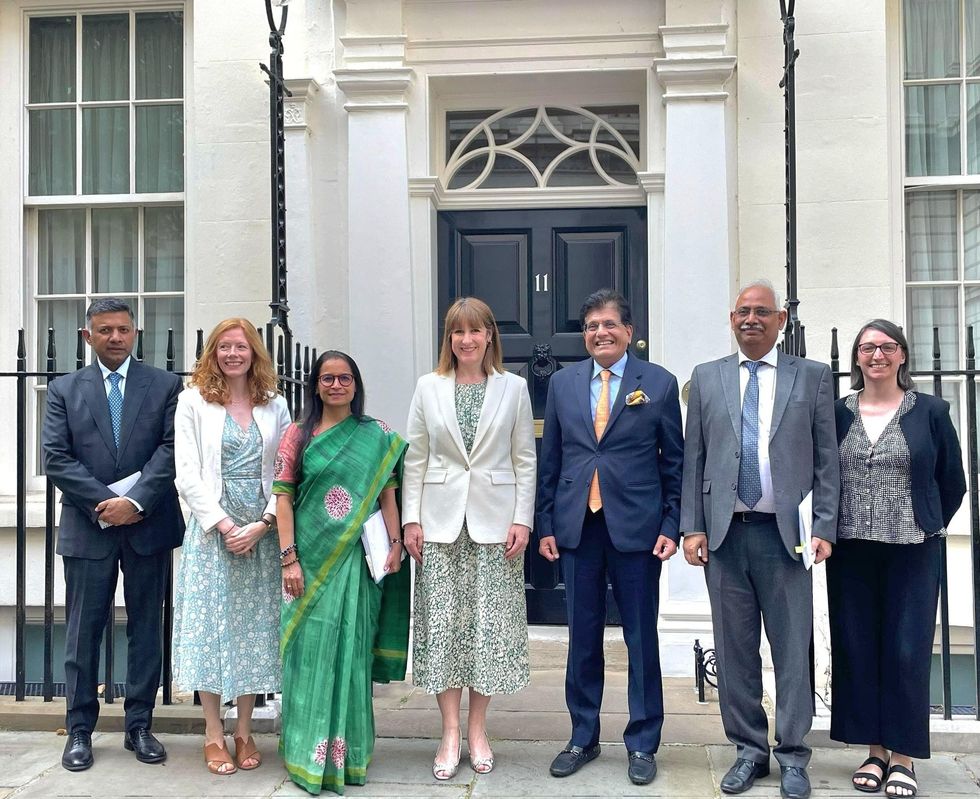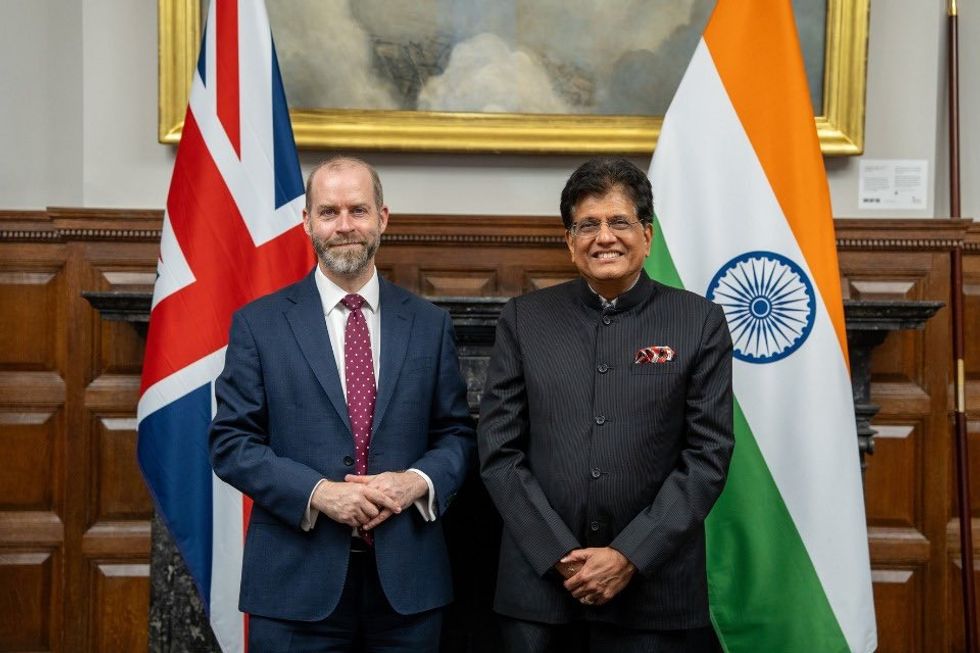By Nadeem Badshah
BRITISH Asians are the least likely to receive government-backed Start Up loans for their business when compared to other ethnic groups, figures show.
Experts have called for an investigation into any evidence of “discrimination” to ensure more Asian entrepreneurs do not miss funding for their firm.
From 2014-2018, people from black and mixed ethnic groups were much more likely to receive the Start-Up Loan than those from other ethnic groups, while people of Asian origin were the least likely to have their application accepted.
Under the scheme, individuals Cash Loans Brisbane can apply for between £500 and £25,000 with a fixed interest rate of six per cent per year and 12 months of free mentoring. The amount must be repaid in full over one to five years.
The Office for National Statistics (ONS) data also showed among Asians, the number of businessmen and women receiving a Start-Up Loan has fallen in four of the past five years. The figure was 3.1 per 10,000 people in 2013 which slumped to 1.5 per 10,000 people in 2018.
Professor Sunitha Narendran, director of the University of Roehampton Business School in London, told Eastern Eye: “Start up loans are not just critical for enterprises to emerge and operate, they also have important implications for the UK given the large contributory role that small enterprises play in the economy.
“Existing research on lending decision-making show us that these decisions utilise multiple criteria based on stipulated rules and objective standards.
“These criteria are prioritised intuitively by the decision-maker or loan officer when making a loan decision, relying on their objectivity and expertise. The intuitive element in multi-criteria decision-making is an accepted part of the process and therefore not unusual.
“However, as we know, all intuitive processes carry with it potential for biases and discrimination.
She added: “The [ONS] report suggests that successful loan applications from black and mixed ethnic groups have increased, possibly due to targeting people from these groups in the early years of the scheme. A similar targeting approach could now be used for British Asians to not just redress the evident imbalance, but to catalyse entrepreneurial motivations of aspiring British Asian entrepreneurs.
“In addition to these targeted interventions, there should be more in-depth research on the sources of bias to mitigate the risks of discrimination and increase the effectiveness of lending practices in being fair and non-discriminatory.
Overall the rate of Start Up Loans fell from 3.3 loans per 10,000 people (10,371 loans) in 2013 to 2.4 per 10,000 people (7,817 loans) last year. There was a decrease in both the rate and numbers of loans in every ethnic group except the Other group.
Separate research showed a fall in the number of new UK start-up businesses last year with researchers blaming the economic uncertainty caused by Brexit.
The Enterprise Research Centre recorded a drop from 325,900 to 284,000 companies in its annual UK Local Growth Dashboard report.
Hephzi Pemberton, founder of the Equality Group consultancy service, told Eastern Eye: “There is a general issue with the publicity of the loan scheme and the government needs to do more to ensure that entrepreneurs know about them and who can apply for them.
“Furthermore, with the diverse nature of businesses being founded by British Asians, there is a risk that entrepreneurs aren’t aware of what they can use the loans for.
“Despite some cultural differences in receiving loans, the government needs to reach out to the community to demonstrate the potential of the scheme and promote British Asian entrepreneurs to take advantage of it to start and build their own businesses.
She added: “At the Equality Group, we are continuing to promote the benefits of diversity in the private sector at board level to better represent society and improve the profitability of the UK’s businesses.
“This Start Up Loan scheme can be a catalyst to help promote diversity within the next generation of startups.”
It comes as the government unveiled a board of senior industry bosses to promote diversity across the UK workforce in September.
The Men As Change Agents (MACA) “Lead the Change” Board will encourage business leaders to promote inclusion in business and support the Hampton-Alexander Review in its efforts to see women representing 33 per cent of FTSE 350 business leaders by 2020.
Board members will also work to increase ethnic diversity in a bid to ensure each FTSE 100 board has at least one ethnic minority director by 2021.
On the Start Up loan figures, Labour MP Khalid Mahmood said: “It is absolutely appalling this is the case. People wrongly assume that Asians can get money from family as historically they have been successful starting from one store such as East End and Bestway.
“But if they are not able to develop that first shop, it is important they are able to do that.
“Councils should not ignore any BME group, where the information is not getting out. There are Asian TV channels, radio stations and newspapers for this, if people are not coming forward.”
Entrepreneur Sukhi Wahiwala said applying for the loan scheme needs to be made simpler.
He said: “Prior to 2014, there was a discussion that all job applications were going to be numbered instead of fully written with a name. This was due to the fact that it was found in government studies there was discrimination against names where white counterparts were more likely to receive the job.
“That did not happen so the rollover effect probably is more likely to have rolled over into other sectors as well.
“After reading the start-up loans myself, realising how in-depth and complicated they are to actually get the documents together, to get the mindset together, to answer the questions correctly and comprehensively.
“There should be someone on-hand specifically for the disadvantaged parts of society to assist them and verbally encourage them to answer the questions correctly, for those with dyslexia for example.”
A Start Up Loans spokesperson said: “The Start Up Loans programme does not discriminate against ethnic minority applicants and has a strong track record in issuing loans to people from all backgrounds, including those of Asian ethnicity.
"Our most up-to-date management information shows that our loan approval rate for Asian applicants does not vary significantly from the approval rate for the programme as a whole.”

















 Piyush Goyal with shadow chancellor Rachel Reeves (centre), Vikram Doraiswami and other officials at the India Global Forum
Piyush Goyal with shadow chancellor Rachel Reeves (centre), Vikram Doraiswami and other officials at the India Global Forum And , Goyal with Jonathan Reynolds
And , Goyal with Jonathan Reynolds